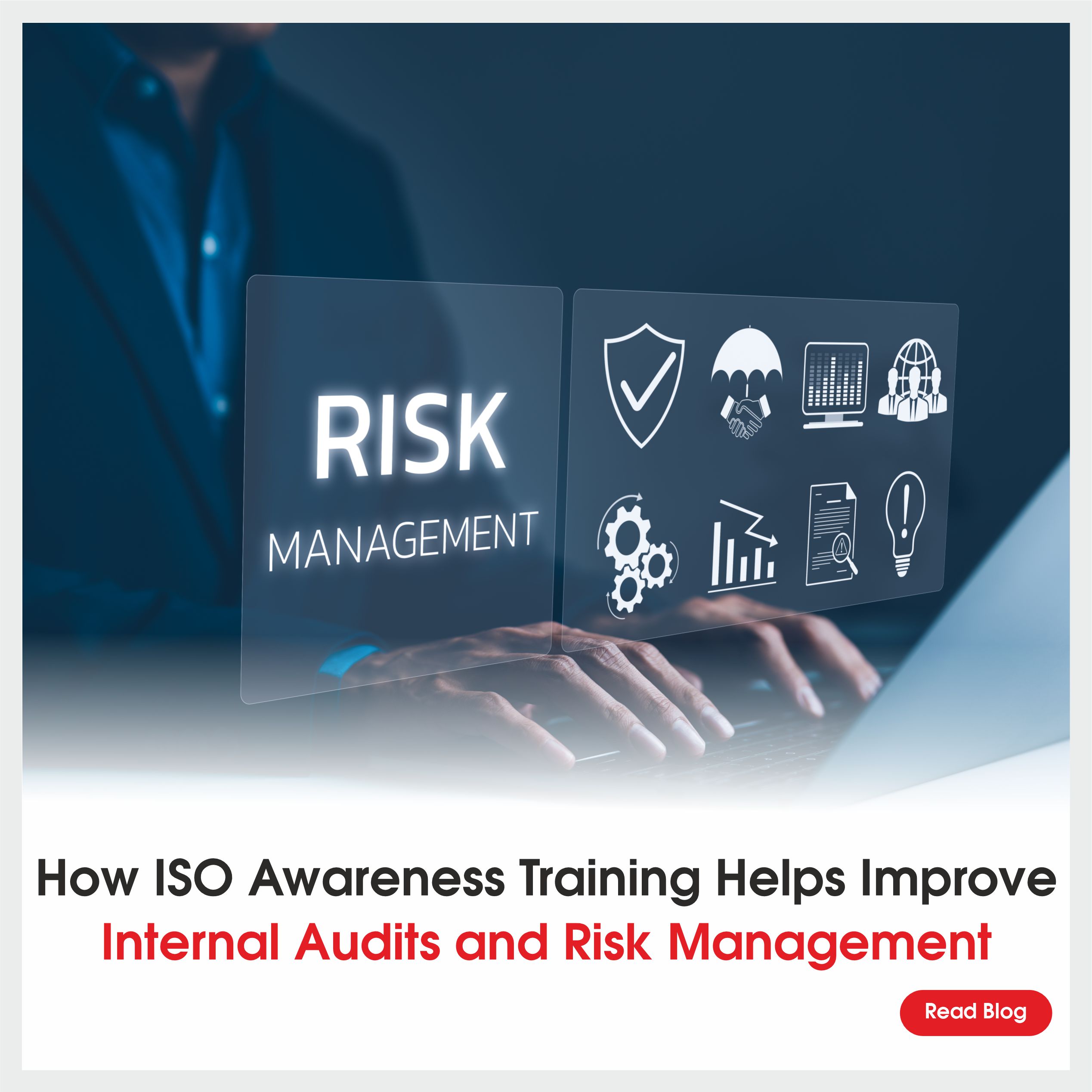Get ISO Certification for Solar Industry
CONTACT WITH US
ISO Certification for Solar Industries
With its flexible and affordable price, solar energy has quickly become the most popular form of renewable energy. According to the World Economic Forum, more than 115 gigawatts (GW) of solar energy will be installed worldwide by 2020, more than any other production technology combined. With its flexible and affordable price, solar energy has quickly become the most popular form of renewable energy. We generally consider that solar energy comes in two forms: solar thermal technology and solar photovoltaic (PV) technology. Simply put, solar thermal takes advantage of heat, while solar photovoltaic converts solar light into energy.
There are two different types of facilities: individual systems for households and small communities, or larger concentrated solar power plants that supply power grids. In view of the growing importance of renewable energy, the solar energy industry is naturally highly dependent on standardization.
Standards play a vital role in testing, energy conversion, reflectance or material properties, network manufacturing, smart grid integration, and occupational safety assurance.
More generally, standards also have a role to play in assisting potential solar energy users to recognize how to integrate solar energy into their own energy mix. an ongoing strategy for environmental and energy management. That, on the other hand, helps the solar industry.
For example, ISO 50001 provides a framework for organizations to integrate energy efficiency into their day-to-day operations, resulting in lower costs and lower carbon emissions.
- The natural advancement of ISO 50001 Certification is ISO 14001, which provides guidance on environmental management. It assists companies in evaluating their activities to make them more sustainable.
- With regard to more industry-explicit sun-based norms, the International Electrotechnical Commission (IEC) gives supervision and direction to both manufacturers and installers of solar power units.
- IEC’s worldwide principles are laid out through a concurrence including 20,000 global experts from industry, government, and leading testing laboratories, including BSI.
ISO Certification for Solar Industries
- The importance of solar energy in the global matrix is expected to grow over the next few years, and standards will play a growing role in the development of the sector. Certification is already a key way to instill confidence in consumers and stakeholders as we transition to a more sustainable future.
- ISO 9060 is one of the major standards Kipp & Zonen, being the leading producer of pyranometer and pyrheliometer, works with. There are several international standards for the solar industry.
- These standards apply to the operation and maintenance of photovoltaic power plants, but some also apply to the design, supply, and construction phases of your photovoltaic power plants. If you design your solar project according to a particular standard, know that the level of instrumentation needed to monitor solar irradiance and environmental conditions is influenced by this standard.
Energy Management System Certification
It helps your company achieve greater transparency and promotes best practices in energy management by demonstrating how energy is consumed across your entire value chain. The ISO 50001 energy management system framework can increase your cost-effectiveness with systematic improvements.ISO 50001 is an international energy management system standard that provides organizations of all sizes with a tool to systematically optimize energy performance and promote more efficient energy management.ISO 50001:2018 Energy management systems – The requirements and operating instructions have been harmonized with the ISO management system Standards structure. The common structure is intended to facilitate integration with management systems that have already been established in an organization.
Which standards or ISO certificates are required for the Solar industry?
The International Organization for Standardization publishes certain standards that help in implementing management systems for delivering quality products and services as well as enabling compliance with the related legislations.
The common ISO certificates for the Solar industry include-
ISO 9001 Standard
ISO 9001 helps in the implementation of Quality Management System in an organization so that the product meets the customer’s expectations in terms of quality. It brings about confidence among the stakeholder regarding the quality of the products as well as processes.
ISO 14001 Standard
ISO 14001 helps in establishing an environmental management system in an organization that ensures a better interaction of the businesses with the environment. It ensures that the organizations are compliant with all the environmental laws and regulations.
ISO 45001 Standard
Since textile industries employ a large number of workforces, their safety and wellbeing become a prime concern. With ISO 45001, the textile industry can implement an effective occupational health and safety management system that ensures a safe work environment, devoid of work-related injuries or sickness.
ISO 50001 Standard
ISO 50001 Certification is a set of standards for implementing Energy management systems (EnMS) in an organization. It is an international standard that was last published in 2018 and enables organizations across the globe to apply international best practices for energy management.
ISO 41001 Standard
ISO 41001 certification helps in the implementation of Facility Management (FM) System in your organization. It was last updated in 2018, and hence, it’s written as ISO 41001:2018. The framework of ISO 41001 certification is the same as that of ISO 9001, ISO 14001, and ISO 45001, which makes the integration among all these management systems easier.
Benefits of ISO certification for Solar industry
Solar industry is the emerging industry worldwide that will cater to the needs and requirements of power sector in various fields, from electricity to employment. However, in this emerging industry, ISO certification serves as a crucial mechanism for ensuring reliability and sustainability by adhering to best practices to reinforce the solar sector’s position as a reliable and responsible contributor to the global energy transition.
- Consistency in quality
- Customer satisfaction
- Enhanced reputation of businesses
- Improved awareness among the workforce towards the organization’s objectives
- Cost savings due to reduced insurance premiums or liability costs
- Continual improvement
ISO Certification process for Solar Industry
- Application & contract
- Audit team Assignment
- Document view
- Certification Audit Independent review
- Notification of Certification
- Surveillance audit
- Re-Assessment
The certification process goes further. click here to view the next steps to the ISO certification Process
ISO certifications have huge significance across a varied range of industries. They not only help in improving the processes within the organization, but also ensure a smooth flow of services throughout the supply chain. Know more about Sis Certifications: https://www.youtube.com/c/SISCert
FAQs
The ISO 9060 standard is titled ‘Solar energy’ – Specification and classification of instruments for the measurement of hemispheric solar radiation and direct solar radiation. This standard defines and describes the use of a pyranometer for measuring overall horizontal or slanted irradiance (GHI and POA) and, when shaded, DHI.
Below are the principle ISO and IEC standards required for solar energy:
- IEC 61724-1 PV System Performance Monitoring
- ISO 9060 Pyranometer and Pyrheliometers
- ISO 9060: 2018
- ISO Calibration Standards: ISO 9846:1993 or ISO 9847:1992, IEC 61724-1
- ISO/IEC 17025 Certification
The ISO standards are internationally agreed-upon guidelines and requirements for energy efficiency and renewable energy solutions. They provide a strong technical foundation for government to achieve its domestic and international energy goals.
An ISO certificate is valid for 3 years. And during this time period of 3 years, a surveillance audit is conducted on an annual basis to ensure that ISO quality standards are being maintained by the organization.
Renewable energy provides reliable energy sources and fuel diversification, which improves energy security, reduces the risk of fuel spills, and reduces the need for imported fuels. Renewables also help conserve our country’s natural resources.
The Basic components required for installing the solar panel system. (1) Solar Panel or board. (2) Charge Controller. (3) Battery. (4) UPS/ Inverter.
Looking for ISO Certification or Training Services?
Join one of the India’s leading ISO certification bodies for a straightforward and cost-effective route to ISO Certifications.
LATEST NEWS & BLOGS

Common Mistakes to Avoid During ISO Lead Auditor Training
ISO Lead Auditor Training is a crucial step for professionals looking to enhance their auditing skills in ISO 9001:2015 (Quality

What Are the Key Benefits of IMS Lead Auditor Training?
In the current business environment, companies aim to uphold elevated standards in quality, environmental stewardship, and safety in the workplace.

How ISO Awareness Training Helps Improve Internal Audits and Risk Management?
SIS Certifications Pvt Ltd is delighted to announce our upcoming ISO Awareness Training event. Designed for professionals aiming to strengthen
